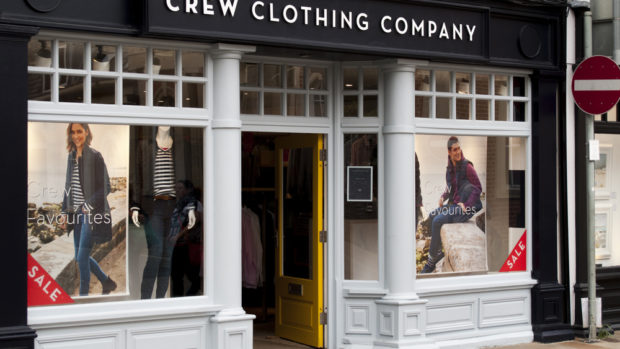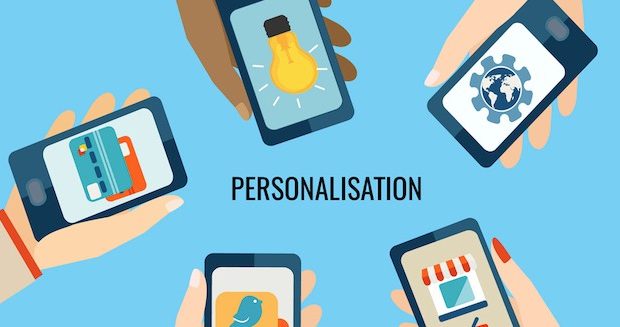Selligent Marketing Cloud has released a report on the attitude brands need to address to effectively communicate with Generation Z. While brands have focused on reaching millennials in recent years, there are more than just generational differences with Gen Z.
A new generation is emerging in the consumer marketplace. Generation Z (born between 1997 and 2010) has grown up with more access to technology than any before them. That doesn’t mean they are any more obsessed or enthusiastic than their forebears, however. With so much technology at their disposal since birth (from Instagram to Apple Pay), it is less of a shiny object and more of a practical way of life. Their relationship to data is different, however, since privacy is not as much of a priority for them as it is for other generations. In fact, half of Gen Z feel they have control over their personal data. For marketeers, it was already important to share relevant content with previous generations but this notion becomes even more important with Gen Z because of the level of personalisation they expect… And marketers can rely on AI-based solutions to deliver this personalised experience. In short, this is a whole new generation of consumers with whom marketers must learn to communicate. To guide their media and marketing strategies in the coming years, brands need fresh insights around the generational differences that are reshaping the landscape, particularly as it relates to the growing influence of Gen Z.
Phygital Retail Experiences Matter to Gen Z
For retailers, having a presence across digital and physical channels is no longer enough to reach the youngest generation of consumers. Generation Z expects technology to enhance their physical experiences rather than replace them.
Interestingly, this age group shows a clear preference for in-store shopping over millennials in several categories, including electronics (43 per cent vs. 37 per cent) and clothing (43 per cent vs. 40 per cent). Generation Z also visits physical stores more often than any other age group: 59 per cent visit a store at least once a week.
Retailers therefore need to reinvent the shopping experience by offering phygital, which is the use by brands of both a physical (retail) and online (web/digital) strategy while adopting virtuous practices that will appeal to this generation. The term often goes hand in hand with “digitalisation of the points of sale”: the fusion between eCommerce and physical stores.
An Educated, Skeptical Audience Wants More from Media
Rather than turning to traditional media brands, Generation Z is likely to seek information on a different set of social media platforms than older generations. In fact, 49 per cent say they are more likely to make a purchase after a post or ad seen on social media than through any other channel (SMS, website or email). To search for information, this emerging generation turns to influencers on platforms like TikTok (23 per cent, twice as many as other generations) or YouTube 49 per cent (compared to 37 per cent for millennials).
“This generation was raised with social media and can therefore adapt to various formats and types of contents. For this reason, companies have an unique opportunity to merge advertising and content strategies for this audience, as well as creating and integrating different touchpoints with their consumers,” said Anne Jarry, marketing director at Selligent. “In a trusted environment, delivering highly relevant messages, such as personalised videos embedded in a newsletter or a live streamed event on TikTok, is much more appealing to Gen Z than to other generations. This generation offers a whole new approach and opportunities to brands that are worth capturing.”
The Generation Z transformation is upon us. Marketers who aren’t evolving their strategies to engage this younger generation are already falling behind. Gen Z is different from their predecessors: they don’t consume information in the same way, they interact differently on social networks and shopping has become a new experience for them. Marketers must therefore adapt! This is a generation that feels the need to control even more than the others and so brands need to put the power in the hands of users to identify their preferences. It will then be much easier to define relevant content for these new consumers with the help of their zero- and first-party data and an AI analysis. Personalisation is the best way to reach Gen Z.








Share